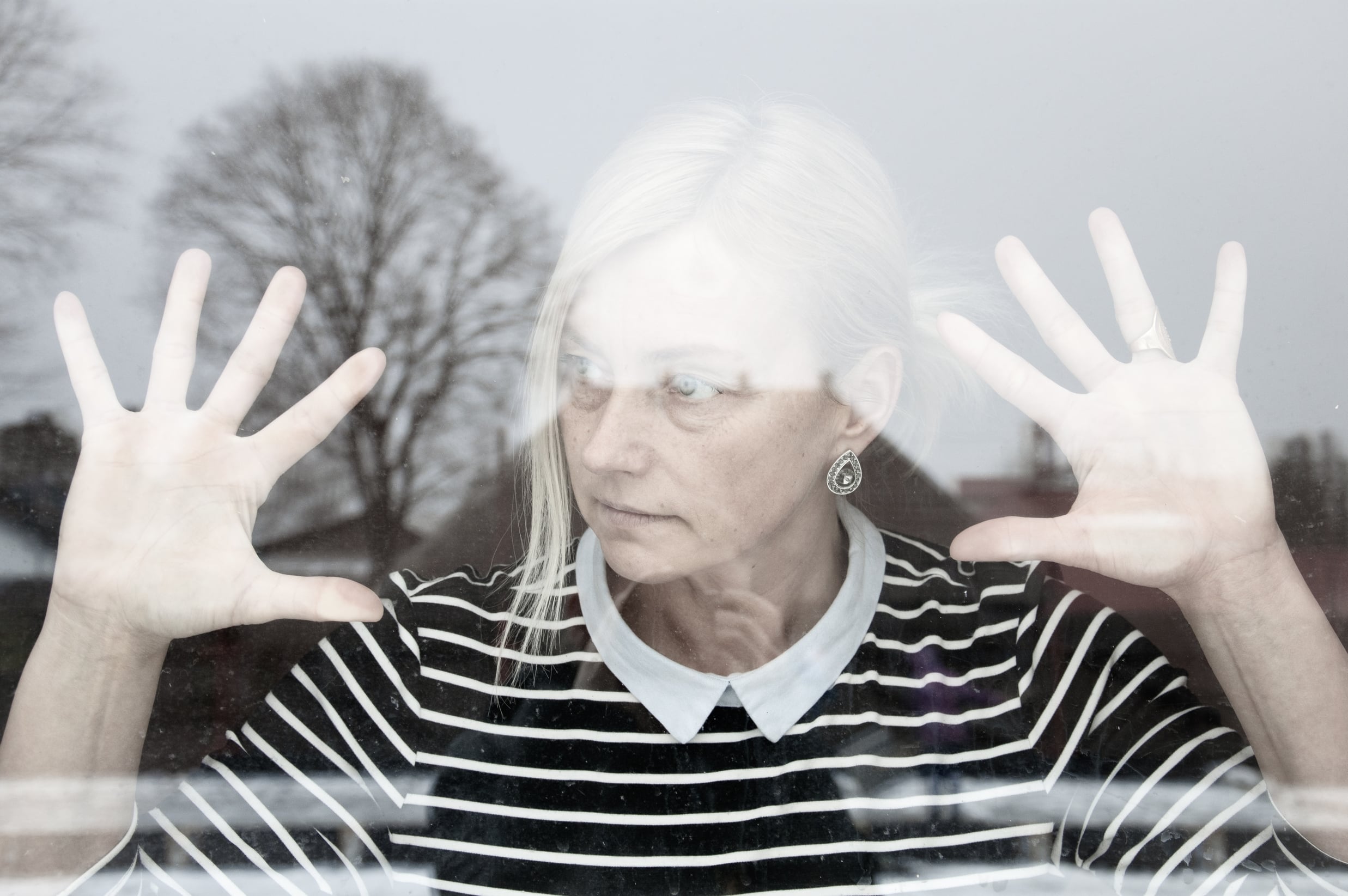What Are the Signs That Your Pet Bird Needs More Social Interaction?

Birds are fascinating creatures. As pets, their vibrant colors, intriguing behavior, and ability to mimic human speech make them an attractive choice for many households. Keeping a pet bird, especially parrots, can be a lot of fun, but it also requires a significant amount of care and attention. One of the vital aspects of bird care is ensuring they have enough social interaction. Like humans, birds are social creatures and they thrive on interaction. Understanding the signs of a bird needing more social interaction can help you provide the best care for your feathered friend.
Signs of Loneliness and Boredom in Birds
Birds are naturally social; they live in flocks in the wild and are used to constant interaction. When they become pets, this natural tendency doesn’t change. Therefore, it’s crucial to always monitor your bird’s behavior closely to ensure that they are getting enough social interaction.
A lire également : What Are the Most Effective Ways to Cool Down an Overheated Pomeranian?
Birds show signs of loneliness and boredom in various ways. Changes in behavior are the first thing you should look out for. If your bird is normally energetic but has recently become quiet or lethargic, this could indicate that they are feeling lonely.
Excessive screaming can also be a sign of boredom. If your bird is screaming more than usual, this could be their way of calling for attention. Remember, birds communicate vocally and screaming is a good indication that they require more interaction.
Avez-vous vu cela : How to Plan a Nutritionally Complete Vegetarian Diet for a Dog with Meat Allergies?
Feather-plucking is another common sign of loneliness in birds. If your bird has started to pluck their own feathers, this could be due to stress, anxiety, or boredom. It’s crucial to provide your bird with plenty of toys and mental stimulation to keep them entertained.
How to Increase Social Interaction for Your Pet Bird
If you’ve noticed any of the above signs in your pet bird, it’s time to increase their social interaction. There are several ways that you can help your avian friend feel more socially fulfilled.
First, spend more quality time with your bird. Engage with your pet directly for at least two hours each day. This can include talking to your bird, playing with them, or simply letting them out of their cage to fly around the room.
Teaching your bird to talk is another excellent way to increase social interaction. Parrots, in particular, are known for their ability to mimic human speech, which can be a fun and engaging activity for both you and your bird.
Remember, birds are intelligent creatures and they need mental stimulation. Provide them with toys and puzzles that can keep them busy. Switching these toys out regularly can also help to keep their environment stimulating.
Setting Up a Cohesive Environment for Your Pet Bird
The environment in which your bird lives can greatly impact their happiness and social interaction. A well-set environment can help your bird feel more at home and promote social engagement.
Ensure your bird’s cage is large enough for them to move around freely. A cramped cage can lead to feelings of stress and anxiety, which can exacerbate feelings of loneliness.
Place your bird’s cage in a high-traffic area of your home, such as the living room. Birds enjoy watching what’s going on around them and this can help them feel more involved and less isolated.
Engaging Other Birds for Social Interaction
If possible, consider getting another bird. Having another bird in the house can provide constant company for your pet bird and can help alleviate feelings of loneliness.
However, ensure the new bird is compatible with your current bird. Some bird species may not get along well with others, so it’s important to do your research before introducing a new bird.
In addition, introducing a new bird should be done gradually and under supervision. Initially, keep their cages separate and let them get used to each other’s presence. Over time, they will learn to co-exist and even enjoy each other’s company.
Utilizing Outside Help for More Interaction
If you’re unable to provide the level of interaction that your bird needs, consider hiring a pet care provider or seeking help from a friend or family member. There are many pet care providers that specialize in bird care and can provide the social interaction your bird needs when you’re unable to do so.
In conclusion, birds are social creatures and need plenty of interaction to thrive. As a bird owner, it’s important to recognize the signs of loneliness in your pet bird and take appropriate steps to increase their social interaction. Your bird’s happiness and overall health depend on it.
The Importance of Environmental Enrichment for Your Pet Bird
Creating an enriching environment for your pet bird is a key component in providing them with the necessary social interaction to ensure their overall well-being. Environmental enrichment goes beyond merely providing physical space for your bird to move around. It involves making the bird’s environment stimulating, fun, and interactive.
Pet birds, particularly intelligent species like African Greys or parrots, require mental stimulation to keep them engaged and content. Providing various forms of enrichment, such as toys, puzzles, mirrors, and perches, can significantly contribute to their quality of life. Regularly changing and rotating these toys will ensure that your bird’s environment remains interesting and captivating.
In addition to toys, consider the strategic placement of your bird’s cage in your home. Birds are observant creatures and enjoy watching their surroundings. Placing the bird cage in an area where your bird can observe your daily activities or view the outdoors can provide them with endless hours of entertainment. This simple step can make a vast difference in your bird’s mental stimulation, reducing feelings of isolation and boredom.
Moreover, remember the importance of allowing your bird time outside of their cage, under supervision. This freedom not only promotes physical exercise but also offers mental stimulation as your bird explores different areas of your home. However, ensure that the areas your bird has access to are safe and free from potential hazards.
Conclusion: A Happy Bird is a Social Bird
In conclusion, recognizing and responding to the signs of loneliness in your pet bird is crucial to their overall well-being. Birds are innately social creatures and lack of adequate social interaction can lead to behavioral changes, stress, and even health issues.
Increasing your pet’s social interaction involves a multifaceted approach. Spend quality time with your bird daily, engage them in stimulating activities, and create an enriching environment for them. Consider introducing another compatible bird as a companion if feasible and if you can provide the necessary care for both birds.
If your schedule prevents you from providing the level of interaction your bird requires, don’t hesitate to reach out for help. Professional pet care providers, friends or family members can step in to ensure your bird receives the socialization they need.
Remember, a happy bird is a social bird. As a bird owner, your role extends beyond providing food and shelter for your feathered friend. It encompasses understanding their needs, offering companionship, and ensuring they have a stimulating environment to thrive in. In doing so, you not only contribute to your bird’s happiness but also foster a stronger bond between you and your feathered companion.
